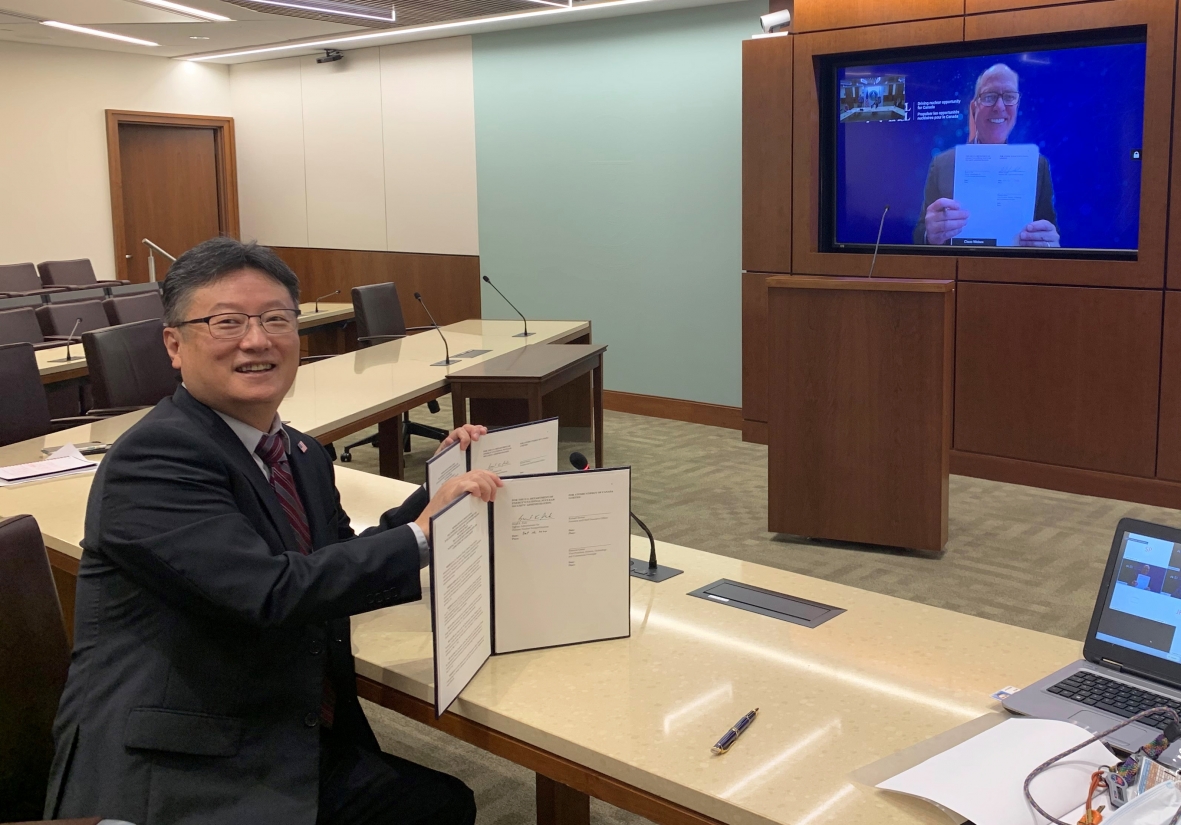The cover of the May 1977 issue of Nuclear News (left), an image of the story discussing Carter's decision to cancel the breeder reactor program (center) and the cover of the June 1977 Nuclear News (right).
The ANS Fuel Cycle and Waste Management Division will present a webinar today at noon EST (the recording will be available via the webinar archive to all ANS members) featuring an international panel of experts on nuclear waste reprocessing. The panel will explore the idea of separating certain radionuclides from waste using recycling technology that enables pure materials to be used for other purposes.
SHINE Technologies’ headquarters building in Janesville, Wis. (Photo: SHINE)
The Department of Energy’s National Nuclear Security Administration has issued a cooperative agreement worth $35 million to SHINE Technologies, based in Janesville, Wis., to support the commercial production of molybdenum-99, a critical isotope used in more than 40,000 medical procedures in the United States each day, including the diagnosis of heart disease and cancer.
NorthStar’s RadioGenix system produces the medical radioisope Mo-99 without the use of uranium. (Photo: NorthStar)
NorthStar Medical Technologies of Beloit, Wis., will receive $37 million under two cooperative agreements with the National Nuclear Security Administration for the production of molybdenum-99 without the use of high-enriched uranium. Considered a critical medical radioisotope, Mo-99 is used in more than 40,000 medical procedures in the United States each day, including the diagnosis of heart disease and cancer.
Left: The University of Texas at Austin SBD Challenge team: from left, Michael Butero, Matthew Frangos, Daniel Gutierrez, and John (Jack) Whelan. Right: The University of Rhode Island team: from left, Jay Macchia, Sean Babin, and Peter Tillinghast. (Photo: NNSA)
The National Nuclear Security Administration's Office of Nonproliferation and Arms Control has been partnering with national laboratories and universities to introduce engineering students to the field of international safeguards. Safeguards ensure that nuclear material and facilities are not used to illicitly manufacture nuclear weapons, the NNSA noted in a July 27 article.
Sandia National Laboratories Photo: SNL
The ANS Young Members Group will focus on Sandia National Laboratories for the latest installment of its webinar series, Spotlight on National Labs, on May 11 at 10:30 a.m. CT.
Register now for the free event.
Statement from American Nuclear Society President Mary Lou Dunzik-Gougar and CEO Craig Piercy
ANS remembers the life of George P. Shultz and mourns his passing. A nonproliferation hero and renowned statesman, Shultz leaves behind a legacy that will continue to inspire for generations to come.
As U.S. Secretary of State, Shultz was paramount in achieving a peaceful end to the Cold War and shepherding landmark arms control agreements with the Soviet Union, including the Intermediate Range Nuclear Forces Treaty of 1987.
Game changer in addressing I&C common cause failure protection
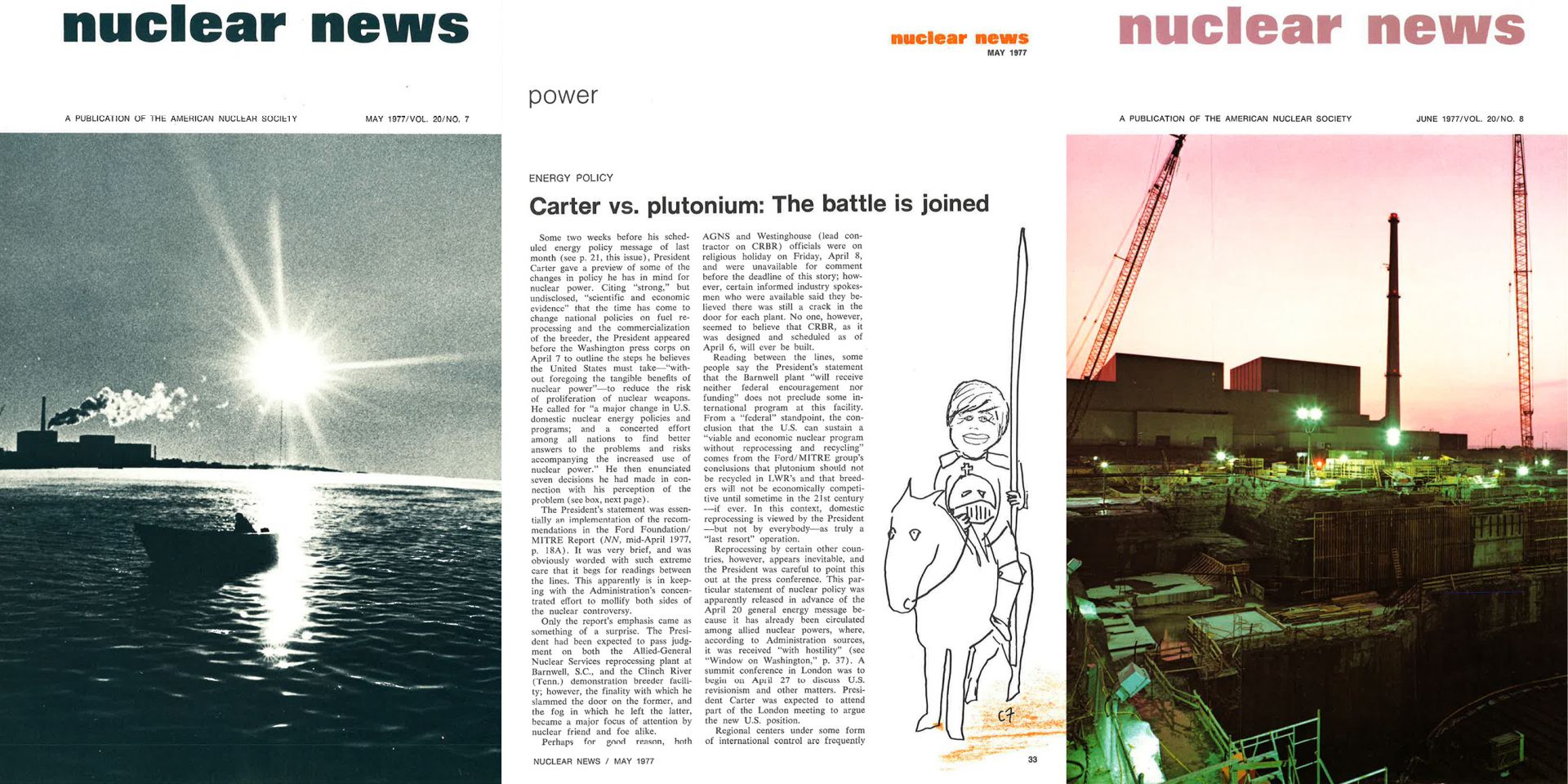

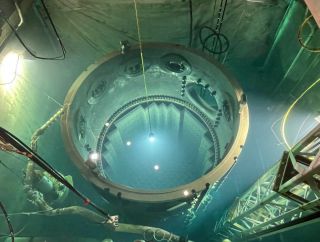

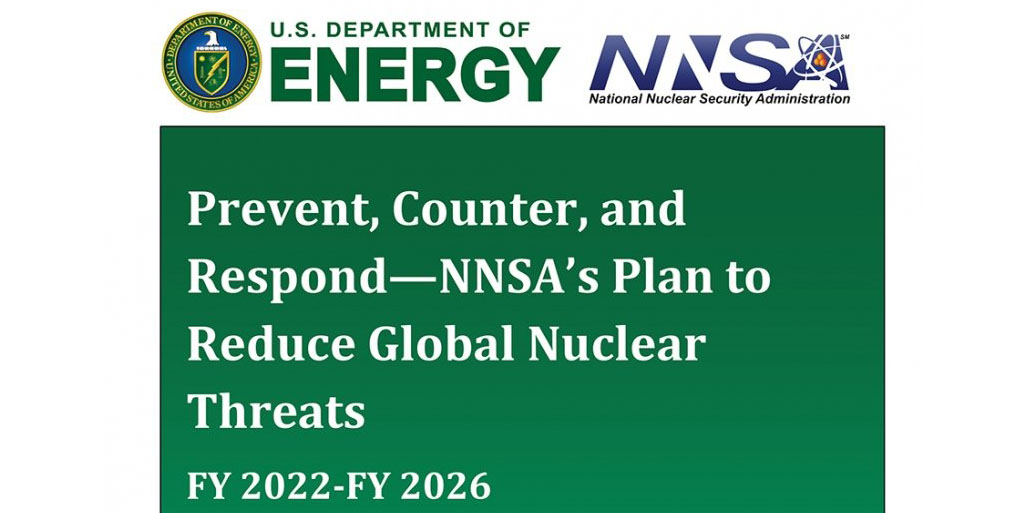
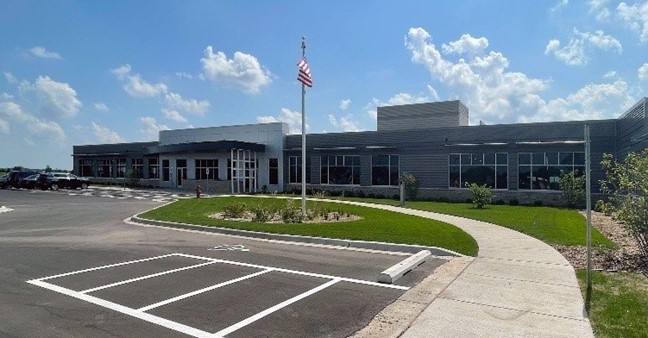

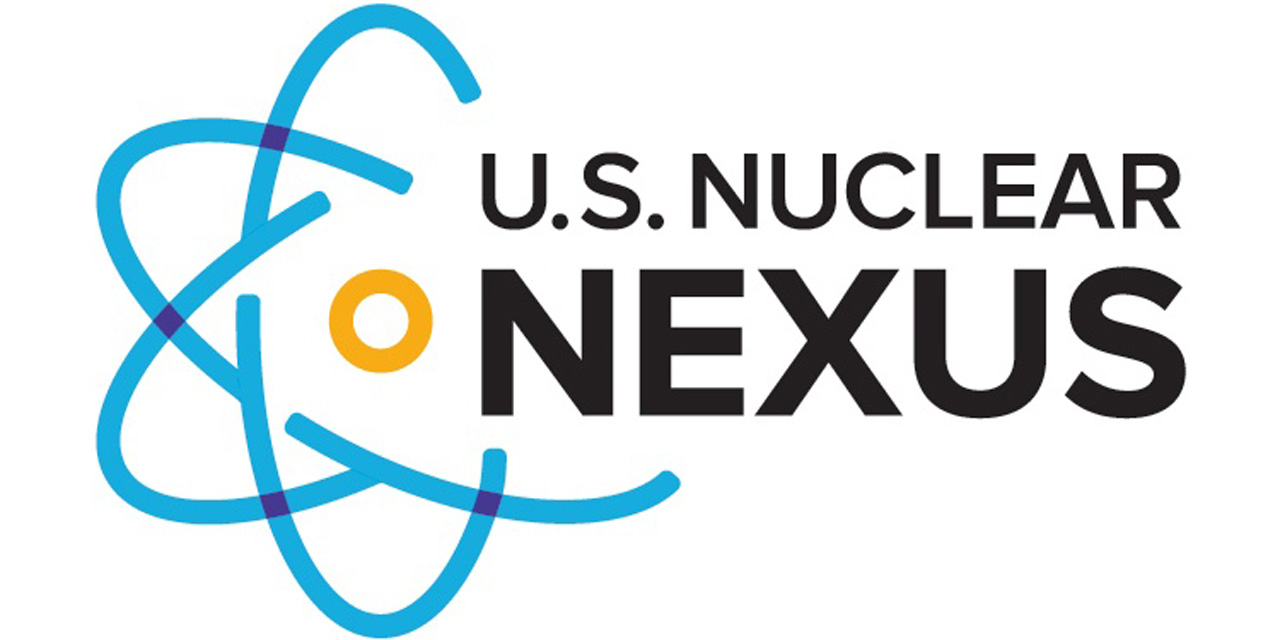
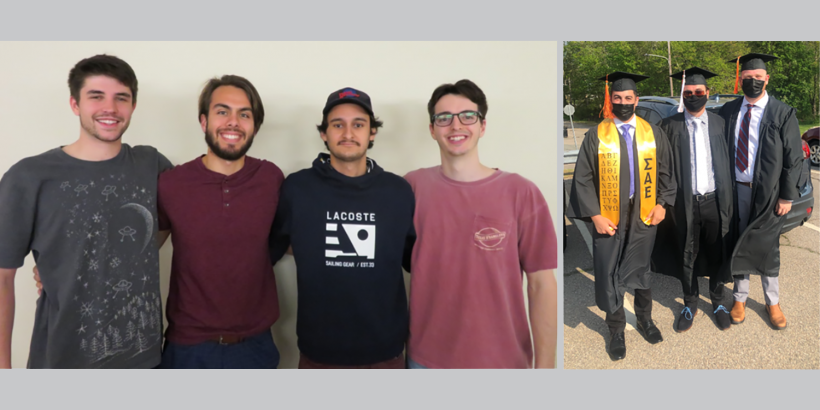
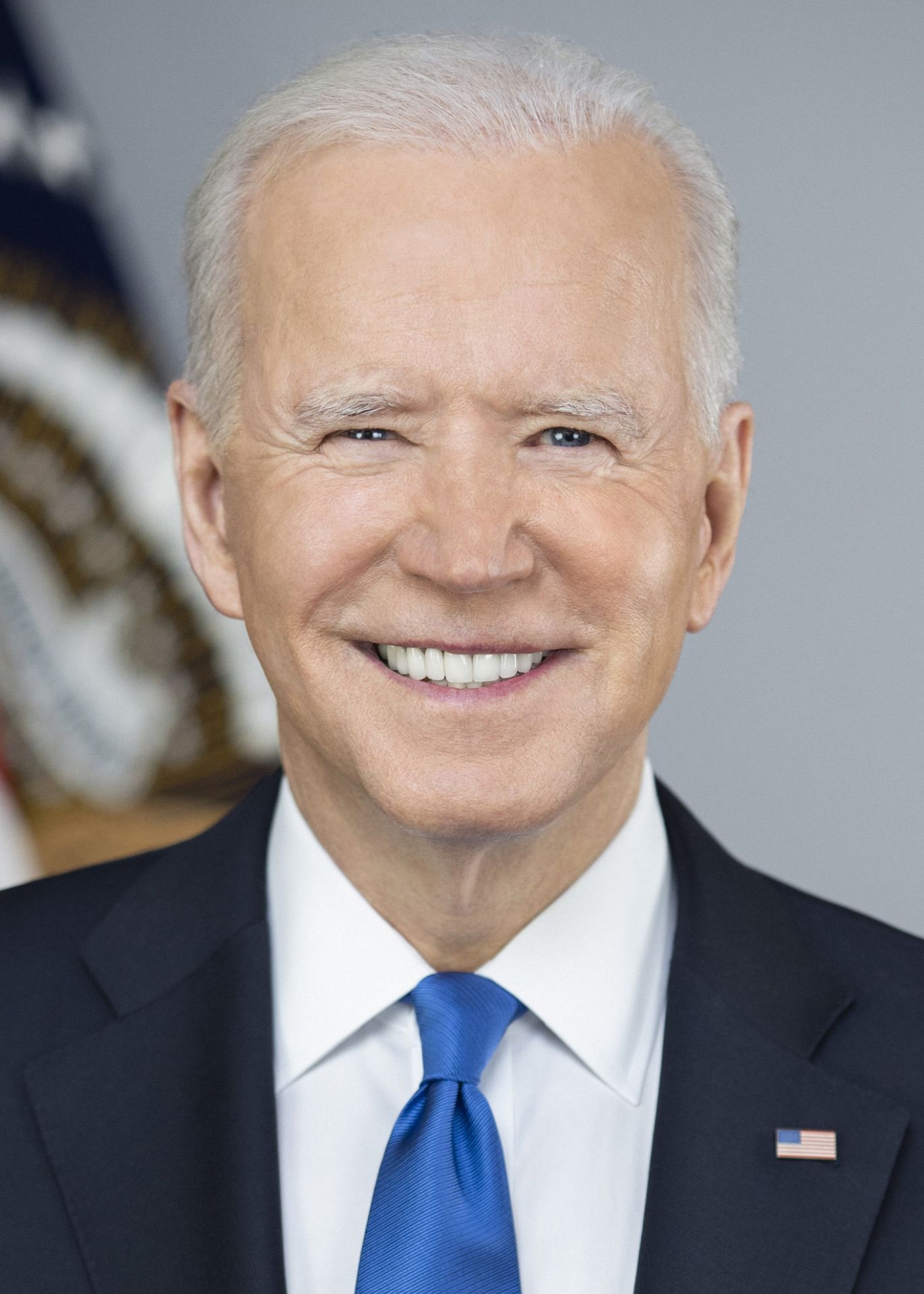
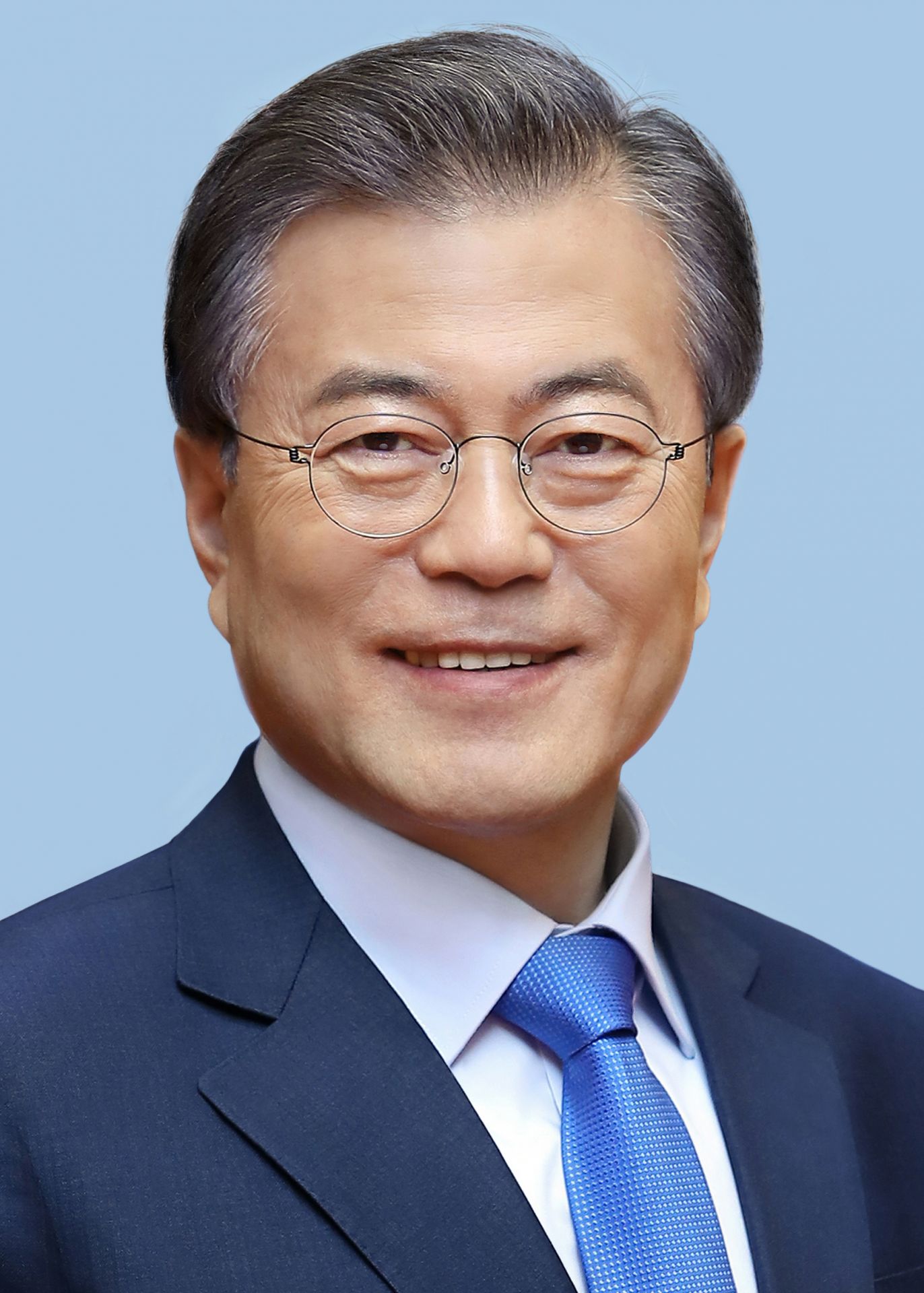
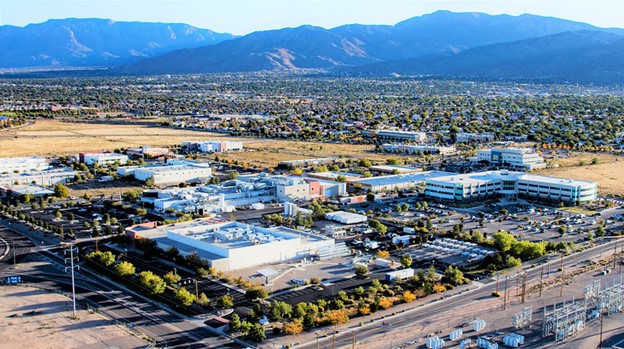
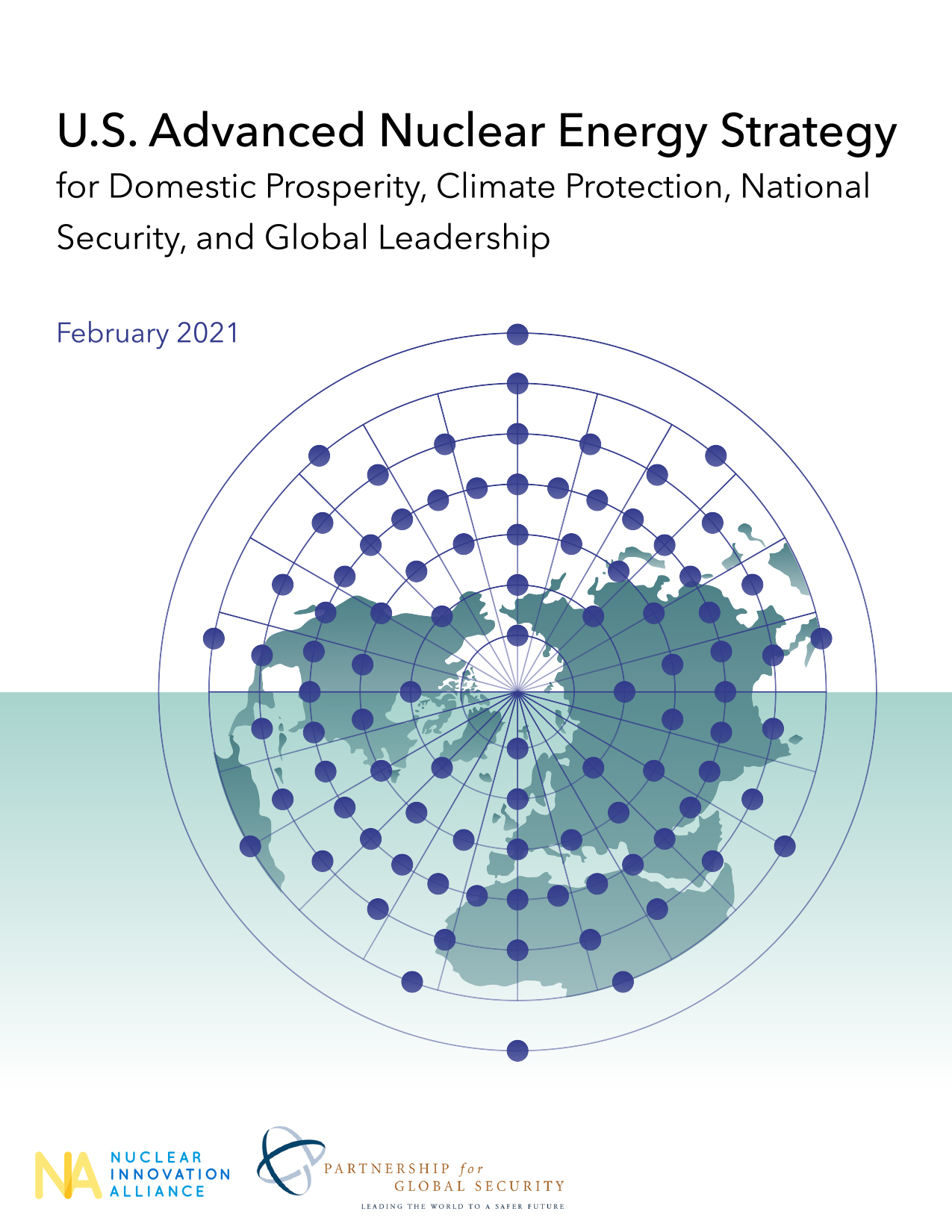 The
The 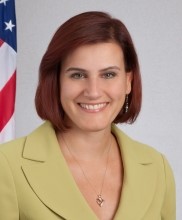 President Biden has appointed
President Biden has appointed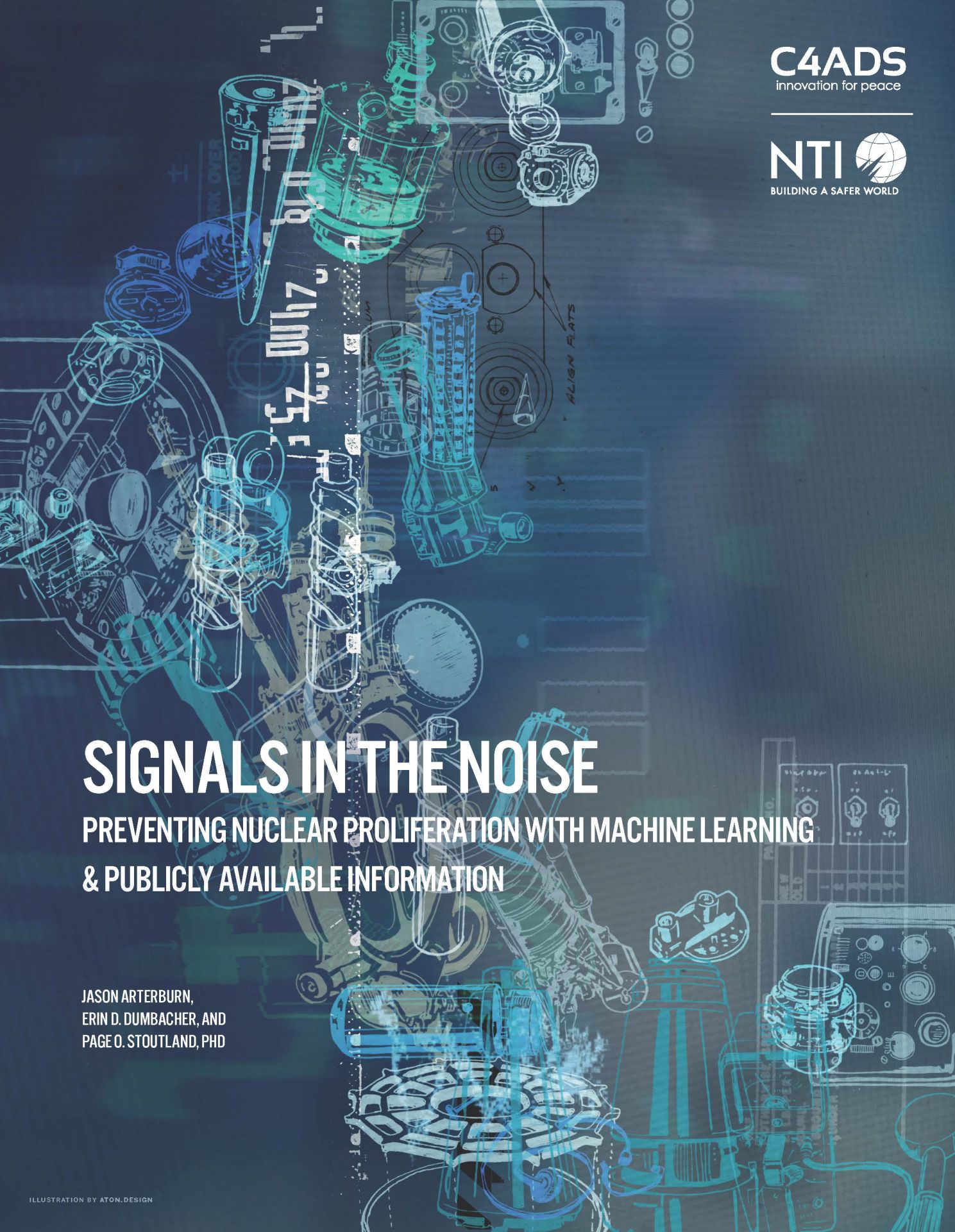 The Nuclear Threat Initiative (NTI) and the Center for Advanced Defense Studies (C4ADS) last week released
The Nuclear Threat Initiative (NTI) and the Center for Advanced Defense Studies (C4ADS) last week released 